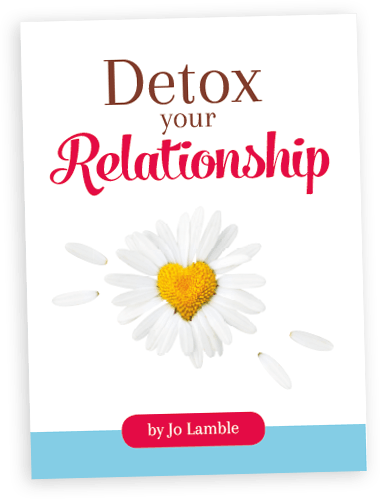 Legally speaking, guilt refers to the fact of having committed an offense or a crime. Psychologically, it can also refer to the feeling of having done something wrong, whether real or imagined. For many people, feeling guilty is a default state because they believe deep down that they are bad. It is this destructive level of guilt that I want to examine because constantly feeling guilty is paralysing.
Legally speaking, guilt refers to the fact of having committed an offense or a crime. Psychologically, it can also refer to the feeling of having done something wrong, whether real or imagined. For many people, feeling guilty is a default state because they believe deep down that they are bad. It is this destructive level of guilt that I want to examine because constantly feeling guilty is paralysing.
Many mums can relate to the idea of mother guilt – that pervasive feeling that they are not doing a good enough job of parenting. Mother guilt can cripple confidence. Sadly, one strategy used to break the paralysis that follows mother guilt is criticising other mums – we judge the way other mums mother in an attempt to justify our own choices. Mother guilt can also lead to indulging our kids, in an attempt to make up for the fact that we have never done canteen or couldn’t get to a swimming carnival or dance concert.
And of course it’s not just mothers who feel guilt. Children of elderly parents don’t ever feel like they do enough, especially if they live some distance away. Friends of someone who is seriously ill or grieving can feel guilty for staying away. We can feel guilty for not sending Christmas cards, guilty for eating and drinking too much or for not doing any exercise. And the list goes on and on.
The trouble is, feeling guilty is not a strategy. It won’t change anything. Guilt won’t make you pick up the phone to a grieving friend. It won’t get you on the treadmill or stop you drinking a bottle of wine. In fact, guilt is not only paralysing, it can cause you to be even more self-destructive because what do we do when we are feeling guilty? We drink, eat, smoke, or shop.
When we make mistakes or when we’re aware of doing the wrong thing, it’s far healthier for remorse to kick in. Remorse is not paralysing. Remorse allows us to understand what we’ve done or not done. It often triggers an apology or at the very least an explanation. Most importantly, feeling remorseful allows us to try new strategies. Being aware that we are not being a good friend, son or daughter, parent or partner should lead to a commitment to try harder – to make that phonecall, visit that loved one, or hug our child. Having the insight to know that you have not been leading a very healthy lifestyle should lead to a decision to go for a walk and cut down on the junk food.
Instead of hiding behind guilt, forgive yourself and do whatever it takes to be the best person you can be.







